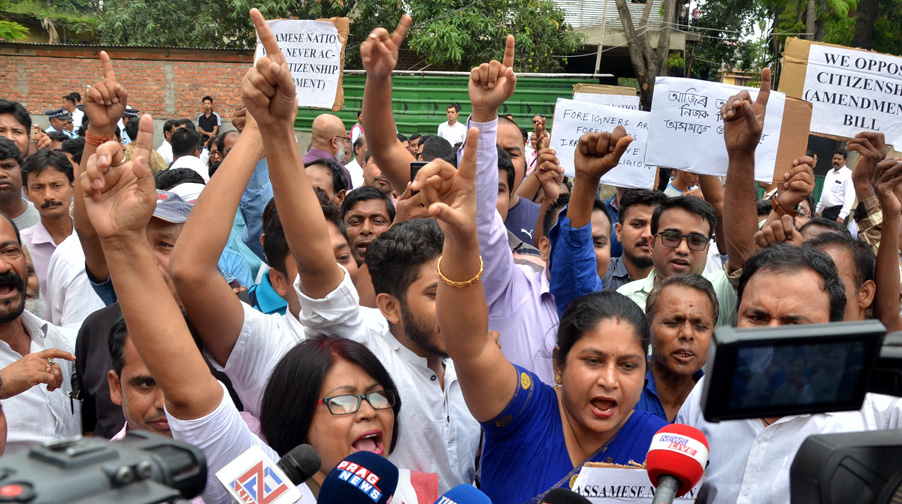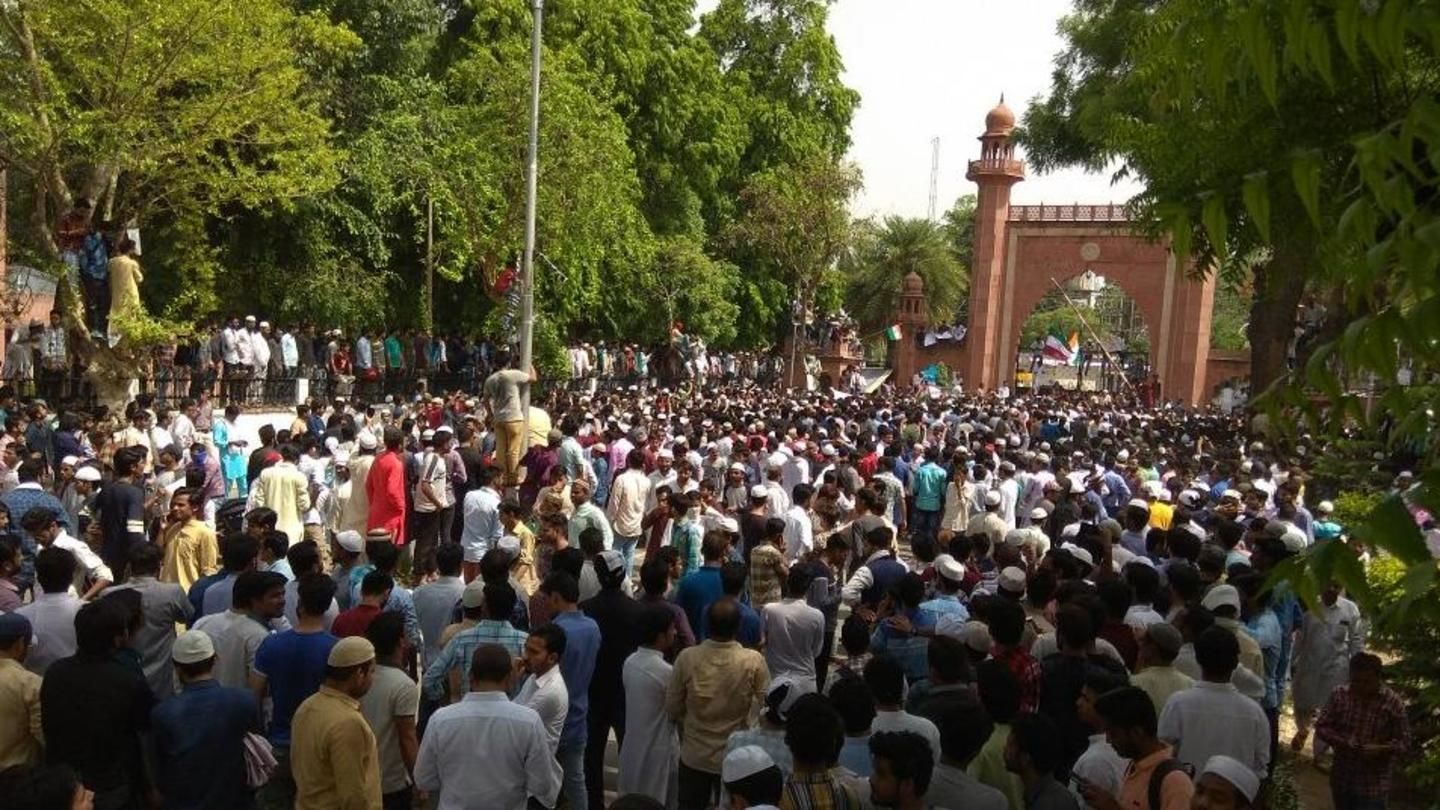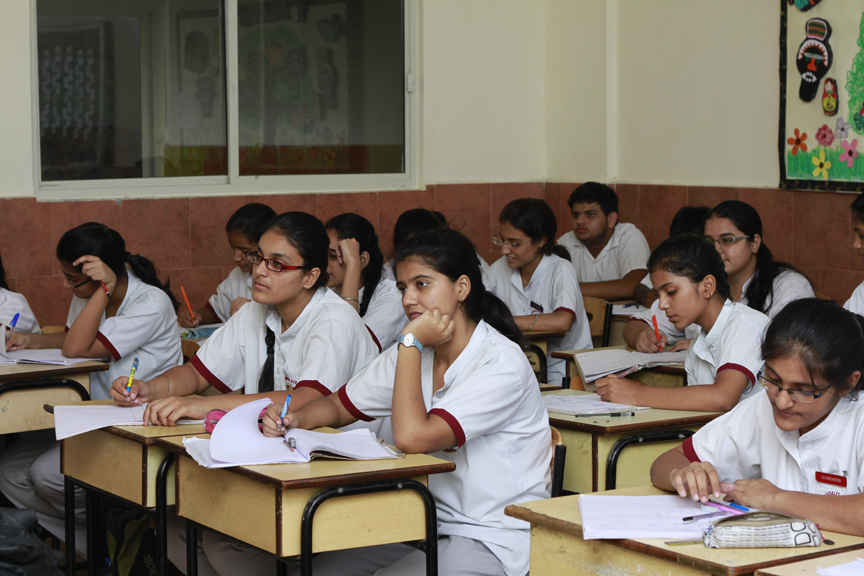
With the elections around the corner, the BJP government in Gujarat and its chief minister Narendra Modi have once again begun playing the Sardar Sarovar Project (SSP) card. This, despite knowing that the project, which the Planning Commission estimates to cost more than Rs 70,000 crores as on date (ten times the initial sanctioned cost) has not lived up to its tall political promises. With the BJP-led Madhya Pradesh government that cares little for the thousands of hectares of fertile land and families to be affected in 193 villages, Gujarat’s CM has been pushing his illegal agenda to clear the final height of the dam (from 122 mts to 138 mts) and consign 2.5 lakh people in the Narmada valley to a watery grave, as had happened in Uttarakhand.
The election stunt during the BJP rally in Bhopal, is just another attempt by the Modi-Shivraj nexus to raise the hollow issue of ‘delayed benefits’ due to the SSP. It is not ‘power’ generation that the governments of Madhya Pradesh or Gujarat are interested in, but political power. It may be noted that the Sardar Sarovar dam with 1450 MW of firm power generation capacity would generate only 415 MW firm power and the same would also go on reducing as and how the irrigation comes into being and takes water allocated for the same purpose. Maharashtra and Madhya Pradesh, however, are not entitled to even a drop of water from the SSP, but only 27 percent and 56 percent of whatever power is generated at every level of the dam height respectively. Official data shows that since power generation at the SSP commenced in 2004, Maharashtra and Madhya Pradesh have not received the exact amount of power they are entitled to. Even after having to sacrifice thousands of hectares of land and resources with livelihoods, Madhya Pradesh will not attain any real ‘power’ benefits.
A few months ago in Pune, Modi made a bogus claim that Maharashtra can get Rs 400 crores worth free electricity from the SSP. Maharashtra, which has also sacrificed a few thousand crores of revenue by submergence of 33 hilly adivasi villages, has not been getting the expected quantum of electricity as decided by the Narmada Water Disputes Tribunal Award, 1979. Maharashtra got its first meagre share of power i.e. 3 million units (MU) only in 2006. On an average, the state has been getting less than 540 MU of electricity, which is less than 1 percent of Maharashtra’s power generation capacity.
More than 2,50,000 people reside in the submergence area in the three states of Madhya Pradesh, Maharashtra and Gujarat. They are fighting not just for their right to land, livelihood, fisheries and rehabilitation, but also for the right kind of development. There are, to this day, millions of trees, hundreds of temples, mosques and other monuments of immense cultural significance in the submergence area. Can the state restore the generations old archeological remnants that lie underground in one of the oldest civilisations in the world? Can anyone ever ‘rehabilitate’ this heritage?
Over the years, the Andolan has exposed a huge corruption scandal in the rehabilitation, worth about Rs 1,000 crores. About 3,000 fake registries in the name of land purchase and 8,000 fake documents claiming livelihood-based rehabilitation of the landless has meant wastage of crores of rupees from the state exchequer. Who are the culprits? The report by the Judicial Commission of Inquiry, which has been investigating for the past five years as per orders of the Madhya Pradesh high court, will bring out the truth. The chief minister of Madhya Pradesh, for his part, has no moral right to speak about corruption, since one of the largest scams in the country that has not just looted the state exchequer, but violated the right to life of the people is under inquiry by the Jha Commission. The high court had to appoint this Commission only because the Chauhan government deliberately ignored handling of this massive corruption. As per the Narmada Tribunal Award, Gujarat should seek not just the ‘accounts’ of money given to Madhya Pradesh for rehabilitation, but actual accountability and ensure lawful and timely rehabilitation of all the affected families, before seeing any political benefit out of the SSP.
While Gujarat, supported by Madhya Pradesh, and ready to sacrifice its own people and villages, has been justifying all the destruction in the garb of ‘development’, one really has to look at the benefits to see if all the displacement is actually serving any ‘public purpose’. The financial cost of the project itself has escalated from Rs 4,200 crores (1983) presumed for economic appraisal to Rs 6,488 croes (1988) approved by the Planning Commission to the peak of Rs 70,000 crores in 2012. The benefit-cost ratio today, needs to be looked at with utmost seriousness. Even the Planning Commission could have reviewed the same, but has not done so. Pushing the dam ahead from 122 mts to 139 mts, but not building the canal network over 30 years, has resulting in irrigation falling behind and no use of the reservoir waters already ponded and available.
Is it fair for a project, built and pushed ahead in the name of needy farmers in the villages of Kutch and Saurashtra, to divert waters on a large scale to corporates, urban municipalities and cities in Gujarat? Is the decision of the Modi government to exclude 4 lakh hectares of land from the command area and reserve the same for corporates, SEZs, and SIRs a ‘farmer-friendly’ move or a fatal blow to the farmers in the state? Is the sacrifice of the Narmada valley necessary and justifiable for satisfying corporate greed and political vested interests by changing the very plan of the Sardar Sarovar?
No doubt, Madhya Pradesh and Gujarat are deliberately indifferent to the huge losses that have occurred due to the submergence since 1993 to 2013, to the lives and livelihoods of 2.5 lakh people, to the thousands of houses, schools, dispensaries, shops, markets, temples, mosques, adivasi religious structures, trees and all that is part of a thriving village-life in the valley till date and all that is doomed to be drowned if the 17 mts gates on Sardar Sarovar are to be installed. Like last year, this monsoon as well, thousands of hectares of farm land and more than 2,000 houses in Madhya Pradesh and Maharashtra have faced illegal submergence, without rehabilitation and the oustees have not even been compensated for the same, despite orders from the GRA. Gujarat has also faced a severe impact due to flooding in more than 100 villages and the ‘evacuation’ of thousands of people to safer places, although this news has been suppressed.
Also, while we welcome the recent statement of Union Minister of Rural Development, Jairam Ramesh that there would be no more Sardar Sarovar like projects in India, will the minister who visited one of the villages (Chikalda) in the valley a few months ago, live up to his promise of ensuring justice to the 48,000 families? Coincidentally, it was at Chikalda that Mr Ramesh had announced a commitment by his government to ensure justice to the valley. Barely months after his visit, Chikalda witnessed its worst dam-induced submergence, with over 350 houses hit by the dam waters and hundreds of acres of land with standing crop submerged. Will the minister take the initiative to ensure justice to review the project? Will he ensure lawful rehabilitation of the thousands of families already affected and save the rest of the habitations and heritage in the valley?
With the lessons learnt from the Uttarakhand calamity still fresh, we cannot allow the Narmada valley to face the same fate. The common people in the valley have no option but to fight every party and politician, whether at the Centre or in the states, if the SSP is pushed ahead. Such a decision would only be political, completely illegal and an utter violation of the Narmada Award and numerous judgements of the Supreme Court. The people will compel the authorities to comply with law and are prepared to fight the vulgar politics tooth and nail, both on the field and in the courts.




